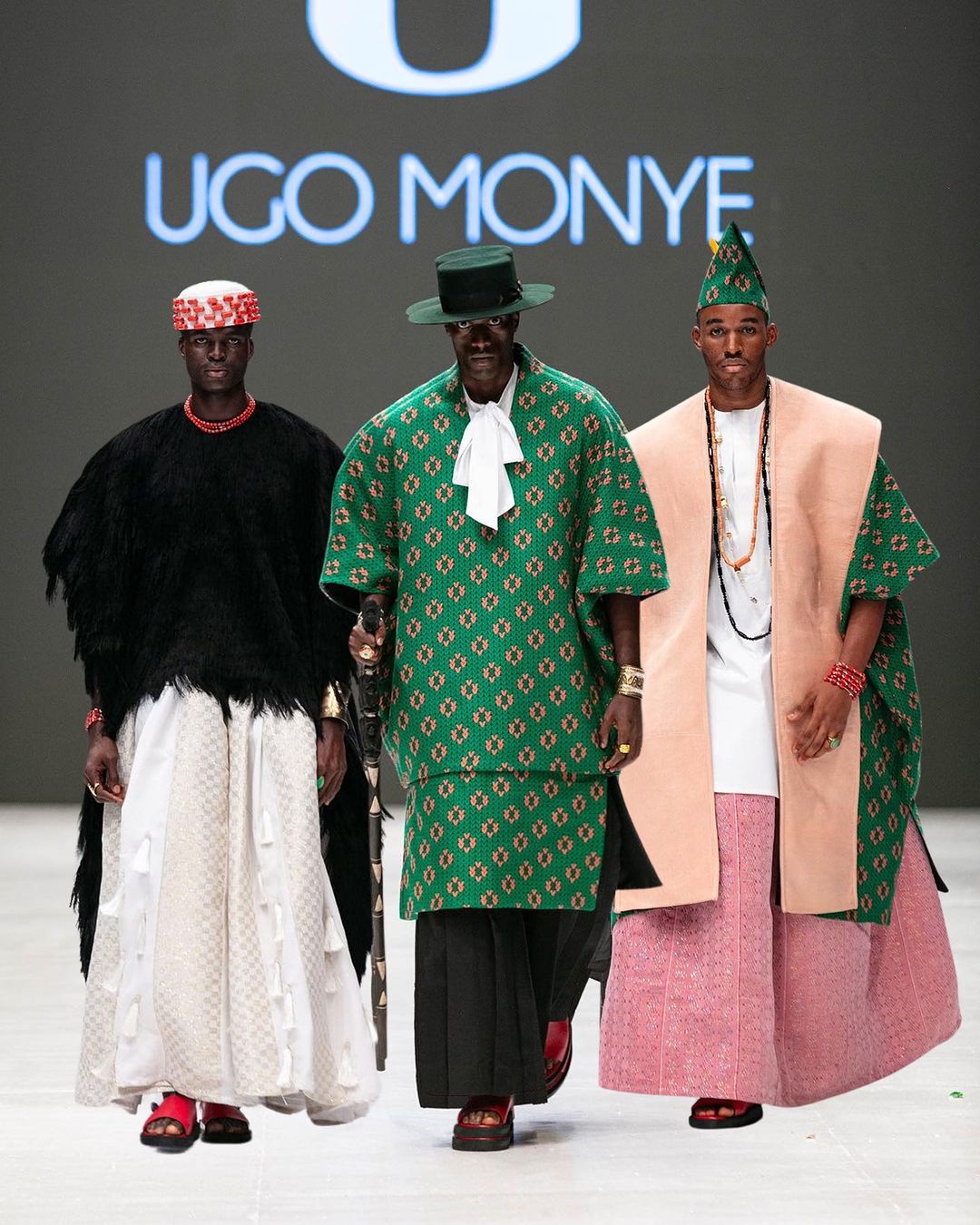Lagos, Nigeria, is a city that never sleeps. This African city is known for its buzzing nightlife and never-ending traffic.
It is also becoming the heartbeat of the exciting moments taking place on the continent with regard to emerging and established fashion.
Fashion Week is big in New York, Milan, and Paris. For almost a decade, however, Lagos Fashion Week has become the rival of any global fashion capital and has been a pillar of African fashion, reshaping narratives on the local and global stage.
More than 60 designers came together in Africa’s most populous city, to create extraordinary stuff. It has become synonymous with a space where traditional craftsmanship meets contemporary vision, where buyers and creators don’t just observe African fashion; they also get a chance to experience it.
Lagos Fashion Week goes beyond the traditional runway format. Through initiatives like Fashion Focus Africa, it has become an incubator for the next generation of fashion talent on the continent while offering funding, knowledge, and market opportunities.
The Fashion Business Series brings industry leaders from Nigeria and across Africa together to shape the future of fashion.
This year’s event took off from October 23 to 27, and this time LFW welcomed renowned creators, celebrities, and influencers.
Designers like Ugo Monye, LFJ, MOT the Label, Oshobor, Dust of the Earth, Bornstar Nigeria, Pettre Taylor, The Ladymaker, Ibilola Ogundipe, Rendoll, Lady Biba, Kente Gentleman, Kilentar, Wote Ki, Orire, Iremitide, Imad Eduso, Ajabeng Ghana, Maliko, NYA, Lush Hair, and Viva Jets, amongst others, presented collections that aren’t just collections; they’re stories in fabric and thread, creating a tapestry that resonates far beyond Nigeria’s borders.
As another season closes, Lagos Fashion Week has proven to be more than a collection showcase—it’s a blueprint for Africa’s’ future fashion’s inclusiveness, which seeks to stand alongside its Western counterparts, but with a crucial difference.
Lagos Fashion Week 2024 isn’t just a fashion week; it was more than just a display of fashion; it’s a movement, a tribute to African creativity, unity, a statement, and most importantly, a homecoming for anyone who’s ever felt the pull of African promising creativity and a sustainable future.





